The history of Roman Empire
Published on 6 Oct 2023
Other
The greatest empire which ever existed had an unimaginable impact on human civilization. However, not everyone is informed about the end which the empire had, and how tragic it was, a result of various factors which had a cumulative effect for decades.
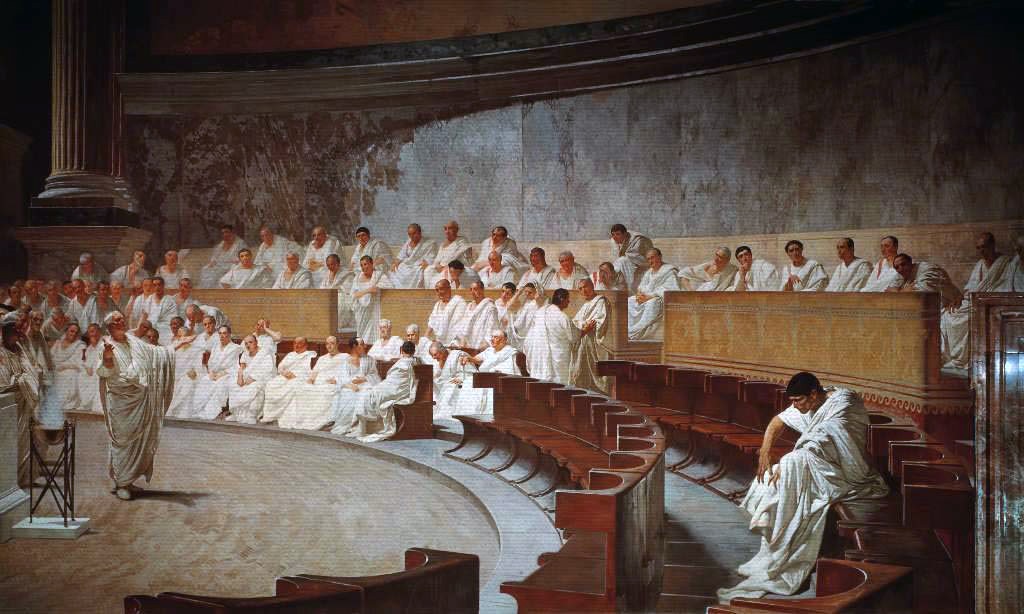
However, to understand the level of the catastrophe, we firstly need to realize many achievements of the empire, because they were truly great. Among many achievements, there were, the first sewer system, the early newspaper, complex road system which are still partially used in Europe, a written code of law, strict military structure, social welfare system and many more. These are some of the many achievements. However, their problem was that the quality of life in Rome made people weak, resulting in the collapse of the Roman Empire.
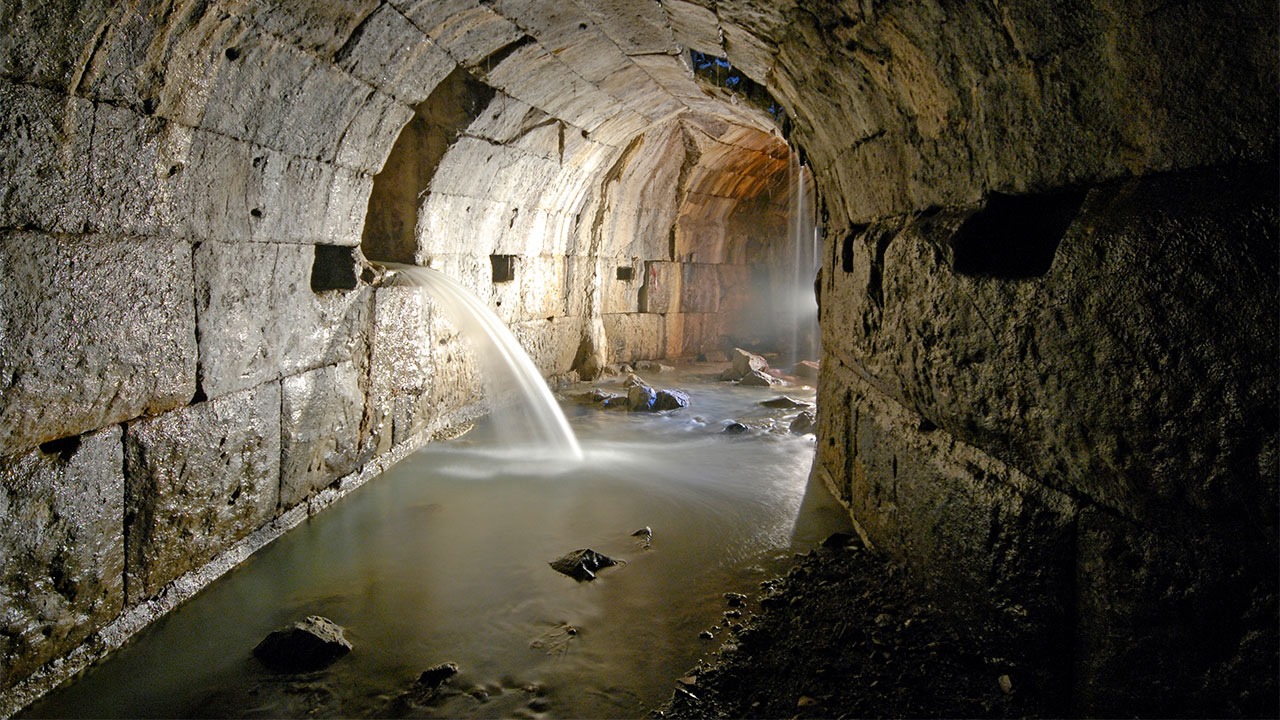
The first nail in the coffin of the Roman Empire was the division of it into the western and eastern Roman empires. Due to the humongous sizes of the empire, which extended from Austria to Algeria and from England to Turkey, it had a lack of control over its 60 million citizens. While the west had Daenerys and spoke in Latin, the east used Greece mainly, and traded by the use of Drachmas. So, in order to maintain it, the Roman emperor, Theodosius divided it into 2 parts, by giving the east to his son Arkady, and the west to his other son, Honorius. However, contemporaries of that time did not view it as a division of 1 empire, rather for them it was a normal practice, when 1 country was ruled by several leaders, but still, it brought an instability to the region, which already suffered from raids of various tribes.
Besides, slavery was an anchor which stopped the development of the Roman empire. Slavery rocketed the difference between rich and poor and it became a reason for political instability, and led to decrease in need for technological innovation. Slaves were just cheap labor, with high mortality and low fertility, thus they had no motivation to develop the country, or had no patriotism, while the elite became corrupt and decadent.
Due to the low patriotism, many slaves often organized coups, and at the same time more people moved from rural areas to cities, creating a decrease in agriculture. All of it led to chaos in the empire.
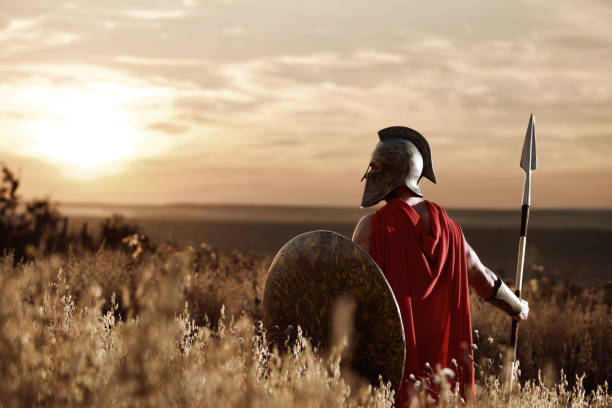
Rome, an innovator state, experienced several problems with one of its own creations - a structured army with a strict hierarchy. Back before, when it was easy to mobilize hundreds of thousands of people to the army and make them serve 10 years with a land after they finish their duty. However, the quality of life there was the reason why the army stopped being mandatory. At the same time, people were not motivated to participate in the army, their life was quite comfortable, and they were content with the free bread which was spreaded by the social welfare system.
The situation was worsened by the fact that the army stopped being prestigious, because corrupted generals were stealing money from the budget, which was a source of income to soldiers.
Patriotism, which was the main reason why people were enrolling in the army, was destroyed by the diversity of Rome, which increased year by year, causing the sense of roman unity to fade, especially when they witnessed the extreme level of corruption in their state.
The other crucial factor which is necessary to mention is the general rise of Christianity, a different source of life goal which conflicted with Roman values. Christians were constantly destroying the achievements of Rome, viewing it as a pagans’ work.
Rome suffered from barbarians and vandals, and they were unable to fight them. Even though Romans constantly made alliances with them, hired them as mercenaries, at the end, raids from the barbarians within the empire would continue. Some of the most significant tribes populating the region were the Germanic tribes, scythians, sarmatians, nomads and goths.
In comparison to Romans, barbarians were uncivilized, however their threat horrified the senate and emperors. Aside from just raiding cities, they also disrupted economy and trading, and their cultural differences could bring even more instability.
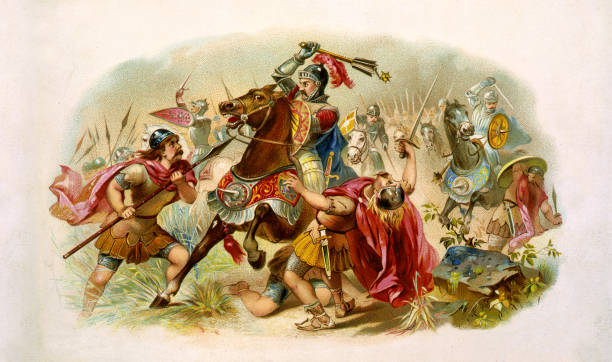
Raids were so horrific that the western Roman Empire had no choice rather than constantly bribe their chiefs, because fighting them always would destroy the country. After many raids, it was decided to change the capital to Ravenna.
However, the scariest thing was that the Roman empire had no other choice but to hire those barbarian mercenaries to the army. As it was aforementioned, getting recruits became a challenge to the country, which left them no other choice than to hire barbarians. In order to control the troops, generals were also picked from the tribe chiefs.
It was not a rare occasion for the tribe chief to start a military coup, leading to another civil war. Barbarization of the army was the main reason for a series of military defeats, causing the Romans to lose northern africa and spain.
The Battle of the Catalaunian Plains in 451 caused the empire to collapse, and is called the last battle of Rome. Attila, the leader of Huns, started a march towards Rome, and the empire was too weakened to defend themselves. The general, Aetius understood it, thus he called for franks, alans, burgundians and of course visigoths, persuading them that they will all lose if Huns win.
Some sources even state that the total number of people there was 700 000, but most realistic numbers mentioned are 300 000 people. In addition, the number of visigoths was most probably even higher than the number of Romans in the army. At the same time, Attila had an army consisting of Huns, ostrogoths, geepids, etc.
The battle was a bloodbath, some people even told that ghosts of the victims were fighting for 3 days after it, they could hear the battle sounds. The battle lasted from the morning till the evening, and for the whole night. Nearly 165 000 people had died on that day.
Atilla understood that his position was weak, and it was challenging to make proper maneuvers with their horses there, thus they left the battlefield before the Romans could encircle them and returned to their camps.
Sadly, Theodore, the king of visigoths died, resulting in his son Torismond to rule visigoths. The young chief wanted to avenge his father: to starve Atilla by surrounding his camp.
However, Aeitius used the common strategy for Romans, ‘Divide Et impera”, or Divide and Rule. He convinced Torismond that after his father’s death, there can be a coup in their land, that is why he should leave. This all was for making an alliance with Attilla, because if the Visigoths won, they could be too strong, becoming a threat to the empire.
However, Attila had different plans, and he didn't count himself defeated. Huns left, but not for a long time. However the battle exhausted Rome in terms of army, and the loss they had could not be replenished.
In a year, Attila returned and could even win, if there was no epidemic, however due to the possible illness he left, after taking a tribute.
3 years after the battle of the Catalaunian Fields emperor Valentinian the third murdered Aetsius, because he was scared from the power his loyal general could obtain. The general was killed by the emperor’s sword when he arrived to give a tax account. Many historians, not out of nowhere, call it the death of the last roman.
One random persons was asked by Valtinian
‘is it true that the death of Aetius was a beautiful execution”,
and answered
“Whether it is great or not, I don't know. But, I know that you cut off your right hand with your left hand.
Later, the emperor was overthrown by the senator Petronius Maximus, it was the last nail to the coffin of the Roman Empire.
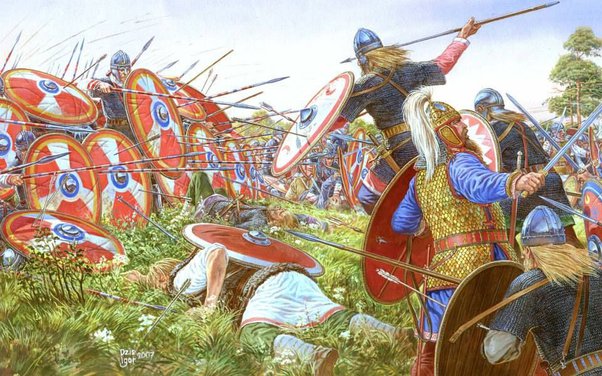
Other emperors were just puppets of barbarians, and coins made with them were used only for paying a tribute to barbarians, because the economy was in ruins. The last hope, the last emperor who tried to do at least something, Ramulus Augustus was overthrown by Odoacer, a barbarian who stopped the agony of the dying empire. However, the echoes of the dead Rome continued to live until 603, before the senate was abolished.
The world lost multiple technologies, including math, medicine, architecture, philosophy, economical and other achievements of civilization. Cities, villas of the rich, sewers fell into disrepair, because there was no one with knowledge about how to look after them, leading to the dark Middle Ages in Europe. The trade networks that had connected the empire with other regions of the world were disrupted by wars, invasions, and political instability. The production and distribution of goods and services declined, while the currency system, which existed only to pay tribute to barbarians during the last years of the Roman empire's existence, was completely destroyed.
The legal system, which had provided order and justice for the citizens of the empire, disintegrated as the central authority weakened and the local rulers forcefully imposed their own laws or customs substituting a strict taxation system with lootings and raids. The literature and education declined sharply, alongside with the literacy rate. The science of Rome, which had advanced the knowledge and technology of the empire, was abandoned or distorted as the schools, libraries, and academies were closed or raided. The formal government formally had no more control over the region, disintegrating into smaller and smaller powers in which the rulers constantly fought for power.